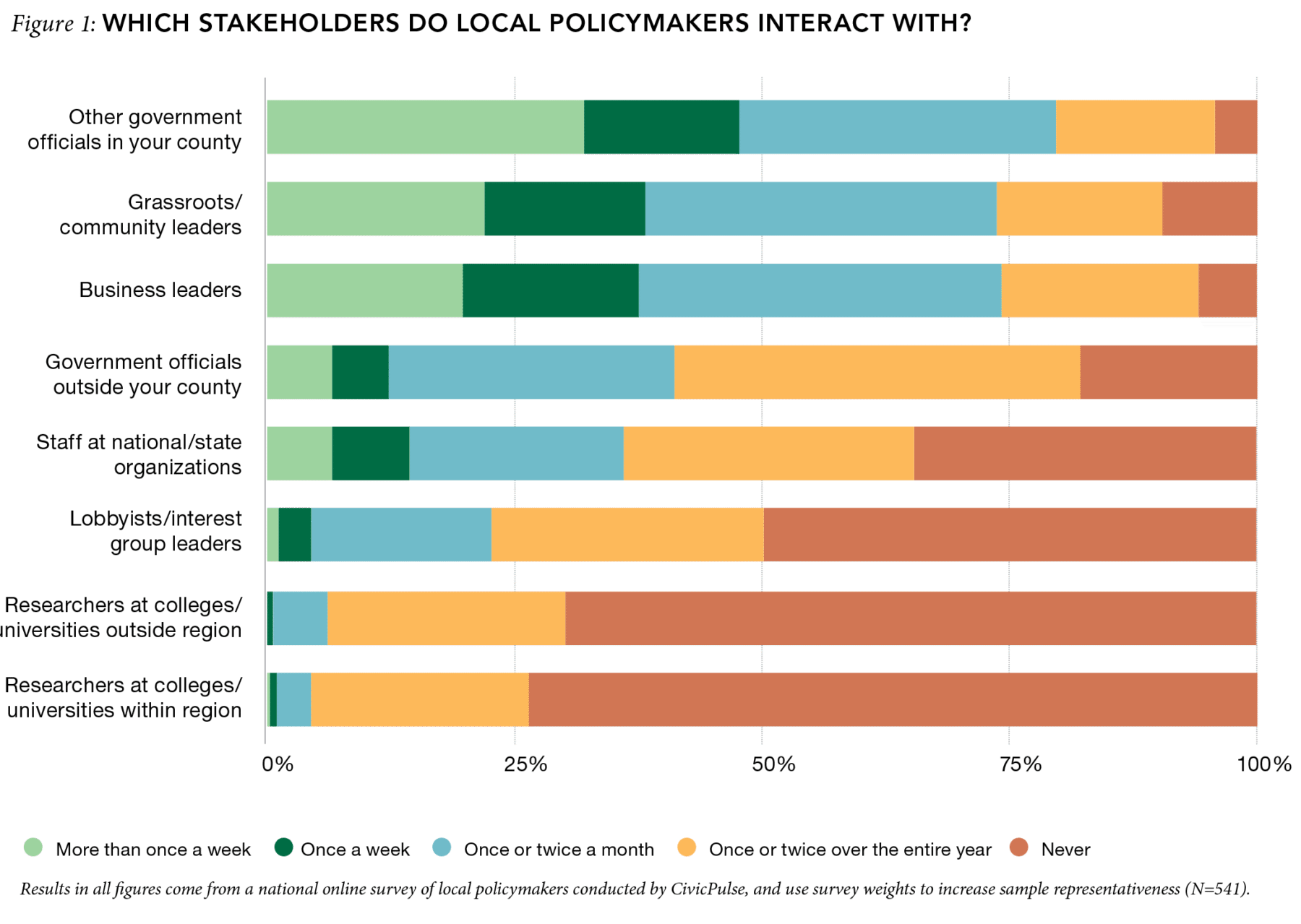Article by Henry Cooke: (New Zealand) “The Government is considering proactively releasing almost all advice to ministers under a planned shakeup to transparency rules, which, if made, would amount to a seismic shift in the way the public sector communicates.
Open government advocates have cautiously welcomed the planned move, but say the devil will be in the detail – as the proactive release regime could end up defanging the Official Information Act (OIA).
The Public Service Commission is consulting with government departments and agencies on a proposal to release to the public all briefings and other advice given to ministers – unless there is a compelling reason not to, such as national security or breaching a commercial agreement, according to a person with knowledge of the discussions.
Currently, the Government proactively releases all Cabinet papers within 30 working days of a decision being made, but it does not release the advice that underpins those decisions. The Cabinet papers can also be redacted entirely or in part if the Government believes there is a good reason to do so.
Some advice is proactively released by individual agencies but there is no uniform rule declaring it or any centralised depository. In practice, much of it is released after either the media or opposition requests a copy under the OIA.
The new regime would see all ministerial advice be released without waiting to be asked for it, although it is not clear on what timeframe.
Ministers would also have to proactively release the titles of their briefings on a regular basis, meaning any advice that was not released could be requested under the OIA.
The Public Service Commission – which oversees the sprawling public sector – is also exploring options for a single point of access for these documents, instead of it being spread over many different websites….(More)”.

